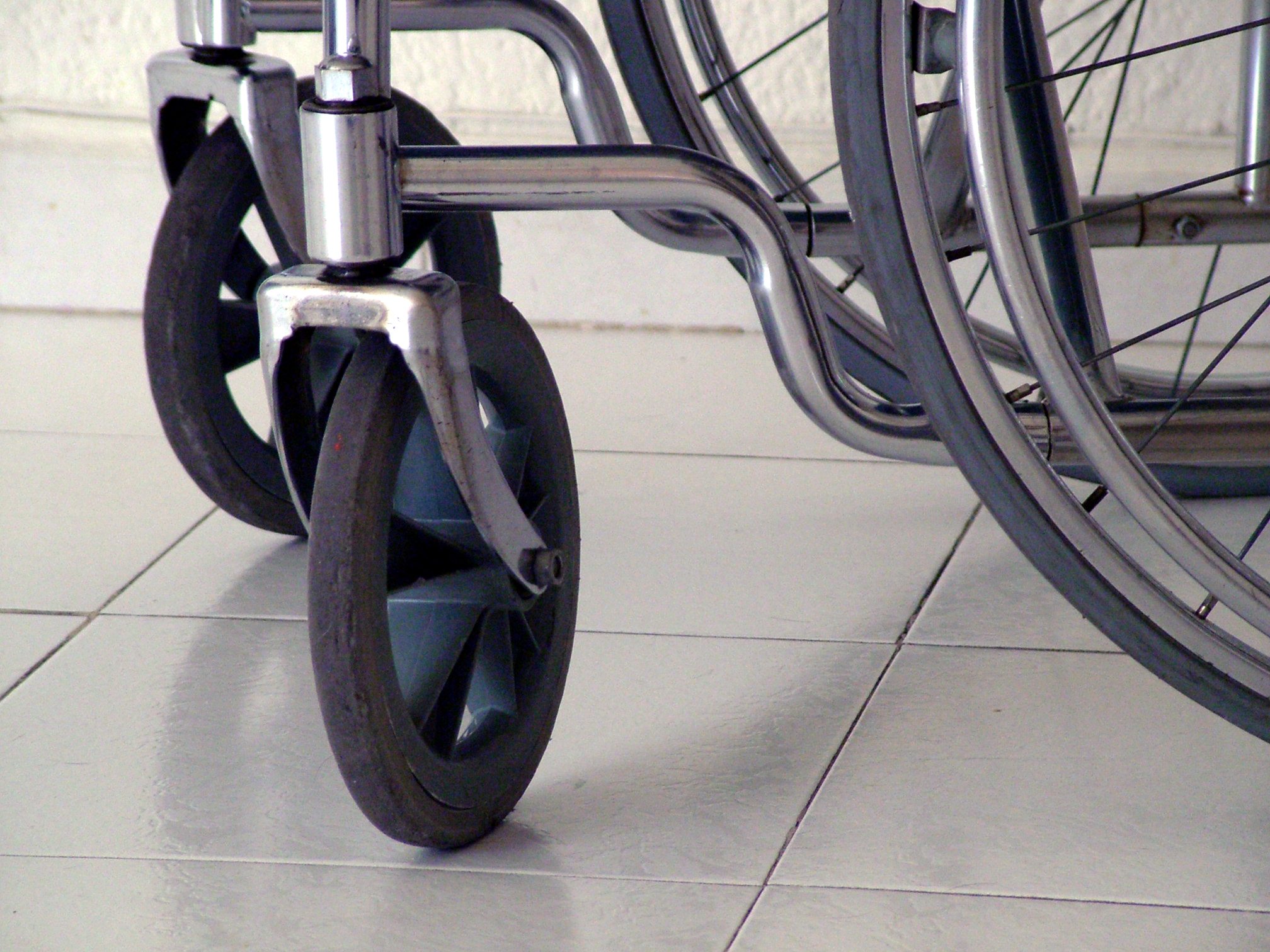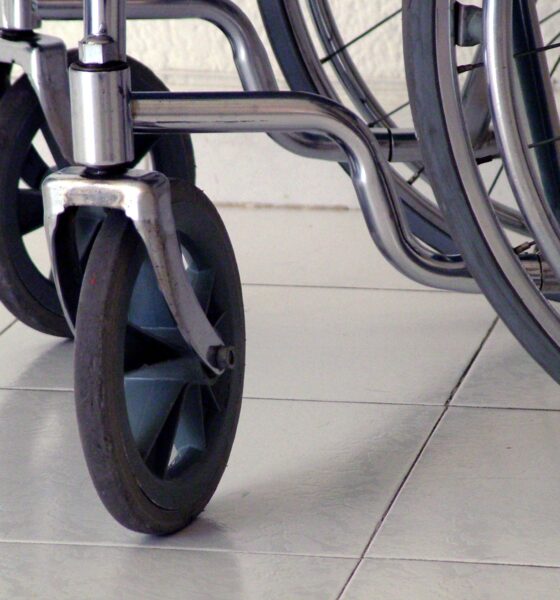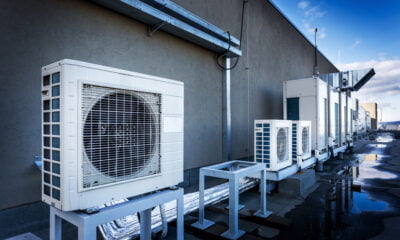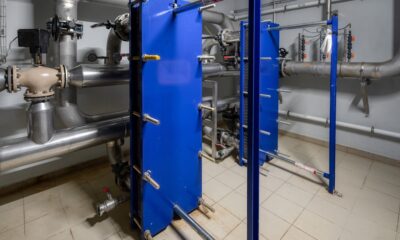

Economy
Care homes should focus on energy savings and water management
Care homes should be focusing their sustainability strategies on energy savings and water management within a holistic, long-term approach, writes Mark Sait.
There is an urgent need for residential care homes and nursing homes in the UK to ensure viability with sustainable development. At base, the country’s 20,349 UK care homes are faced with the prospect of energy bills doubling over the next 10 years.
This almost inevitable pressure on financial resources will increase the burden on the UK’s 14,750 residential care homes and 5,599 nursing homes that have seen energy bills rise by nearly 40% over the past three years.
Intense and almost round-the-clock demand for energy and water in these caring environments means that cutting consumption is the only sure-fire route to cutting energy bills and, equally important, reducing carbon emissions.
The current near-obsession with switching suppliers is not a long-term and strategically sound solution. The process of switching carries with it an ongoing burden on best use of precious time while cutting energy and water consumption provides peace-of-mind as well as continued, substantial savings.
Energy saving initiatives by care home managers, whether they are one of the 6,339 independent care homes or part of the 14,010 group properties, should ensure rapid reduction in consumption, a very quick return on investment – and substantial savings year after year.
Heading the list of cost reduction strategies are water efficiencies and lighting as these are proven, simple, measurable and effective.
As Jerome Baddley, sustainability services manager at the Nottingham Energy Partnership advises: “A home that manages its natural environment and its environmental impacts, through a more holistic approach, can benefit residents in terms of wellbeing and home operators in terms of running costs while reducing impacts on the local and global environment.
“With an ageing population and rising natural resource costs, it is essential that this sector is supported and encouraged to take an active role in resource efficiency and carbon reduction. This will be critical in both safeguarding affordable care for vulnerable elderly people, maintaining dignity and social participation in old age and in achieving carbon, waste and energy targets.”
Our experience in environments where demand on utilities is exceptional, for example the hotel sector, shows that significant, ongoing savings are made with water and lighting efficiencies.
Care homes that adopt better water management with eco shower heads, eco taps and tap aerators can expect to cut bills through radically reduced water bills and water-heating costs. If the care home is metered, then the savings are even greater.
Eco shower heads, eco taps and tap aerators permanently reduce water (and water heating) consumption by more than 50%.
Care homes can add to those savings through deployment of LED lighting, which reduces electricity consumption for this resource by more than 80%.
If we take a couple of LED energy saving examples, the picture becomes clearer.
By replacing five 50-watt spotlights with 5-watt LED GU10s, the annual saving is around £100 – and you also reduce your carbon footprint by more than half a tonne (of carbon dioxide).
Lighting tubes are also an ever-present fitting in care homes and nursing homes. By replacing five 58-watt standard tubes with LED tubes, the annual savings again are more than £100 with a carbon reduction of more than half a tonne.
Residential care homes can make substantial savings and reduce their carbon footprints with ‘green’ strategies informed by sound, practical and effective advice. Working with a trusted partner, residential care homes and nursing homes would be able to benefit from savings in both energy costs and CO2 output that mirrors those that other 24/7 operations such as hotels and hospitals are achieving.
Mark Sait is managing director of SaveMoneyCutCarbon.com.
Further reading:
Pressure on energy bills rises as national renewable power policy gets a makeover
The government’s admission at Ecobuild hides bigger issues with energy strategy
The real green deal: bringing energy, water and waste under control
Why energy saving, cutting bills and reducing carbon footprint will stay centre stage
Energy bills are going up – and it is mostly our lack of responsibility to blame


 Environment12 months ago
Environment12 months agoAre Polymer Banknotes: an Eco-Friendly Trend or a Groundswell?

 Features11 months ago
Features11 months agoEco-Friendly Cryptocurrencies: Sustainable Investment Choices

 Features12 months ago
Features12 months agoEco-Friendly Crypto Traders Must Find the Right Exchange

 Energy11 months ago
Energy11 months agoThe Growing Role of Solar Panels in Ireland’s Energy Future





























